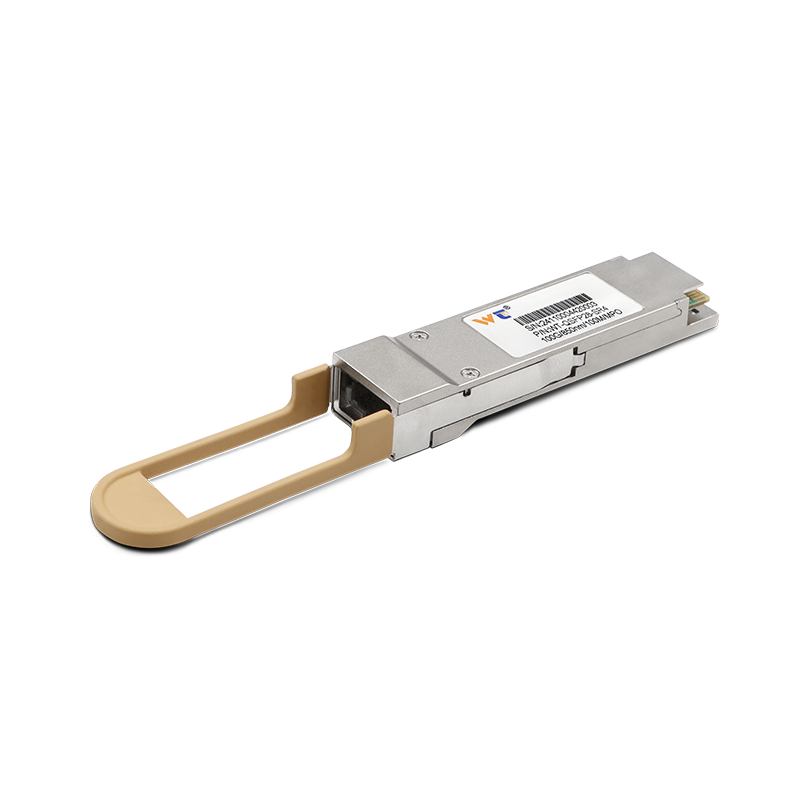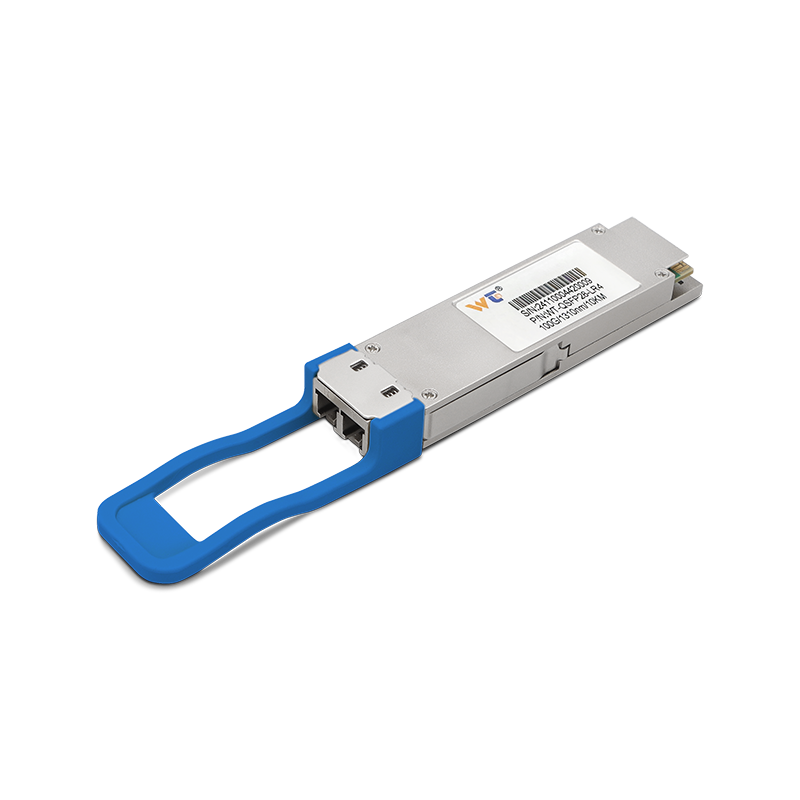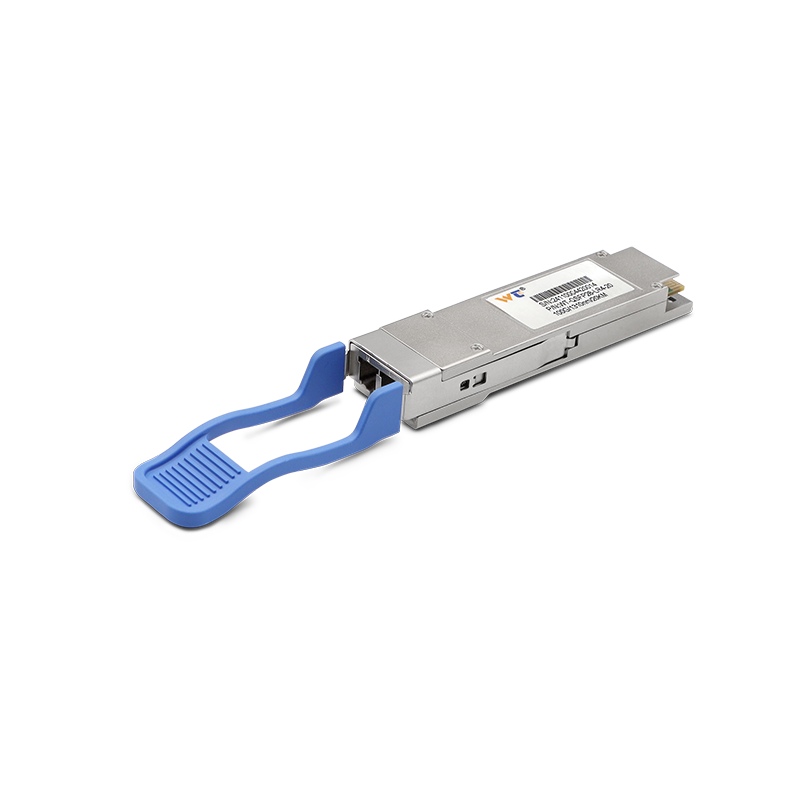In today's interconnected world, access to information and communication networks is paramount. This is where gateways come into play. A gateway is a crucial device that serves as a bridge between different networks, enabling the seamless transfer of data across various communication protocols. Think of it as a translator between two languages; it allows devices with different protocols to communicate efficiently. Gateways are essential in both local networks and larger, more complex systems, such as the Internet.
The technology behind gateways has evolved significantly over time. Initially, gateways primarily functioned as simple packet gateways that facilitated the forwarding of data between different types of networks. With the advent of the Internet and the rise of diverse networking technologies, more sophisticated gateways, such as firewalls and proxy servers, emerged. These advanced devices not only manage traffic but also enhance security by filtering out malicious data. This evolution can be highlighted by considering that the first commercial router in 1985 could handle tens of thousands of packets per second, while modern-day routers process millions, thanks to continual advancements in processing power and data rates.
Gateways utilize various technologies to operate effectively. Protocol translation is one key function, where the gateway converts the data formats used by one network into compatible formats for another. For instance, a gateway connecting an IPv4 network to an IPv6 network will translate the IP addressing schemes accordingly. Additionally, gateways may involve powerful software algorithms to perform load balancing and traffic management. They often implement Quality of Service (QoS) techniques to prioritize certain types of traffic, thus ensuring that time-sensitive data, such as video calls, receive the bandwidth they require.
In terms of applications, gateways are ubiquitous. They are employed in home networks, where a router acts as a gateway between the local devices and the ISP. Similarly, in enterprise settings, gateways facilitate secure access to external networks and the Internet, promoting both productivity and safety. They are also integral in IoT (Internet of Things) ecosystems, where numerous devices communicate over various networks. Each IoT device often relies on a dedicated gateway to transmit data to cloud services for processing and analytics. The healthcare sector employs gateways for secure patient data transfer, while smart cities utilize them for effective traffic management and public safety measures.
The future of gateway technology appears promising, driven by increasing bandwidth demands and the ongoing shift toward cloud-based services. Emerging technologies, such as 5G and edge computing, will further enhance the capabilities and efficiency of gateways. As more devices connect to the Internet, there will be a greater need for sophisticated gateway solutions that can handle the influx of data. Industry experts predict that the market for gateways will grow at an annual rate of 20% over the next five years, largely fueled by IoT expansion and the rise in remote work necessitating secure and reliable connections.
Adhering to established standards is critical for the interoperability of gateway technologies. Organizations like the Internet Engineering Task Force (IETF) and the Institute of Electrical and Electronics Engineers (IEEE) set foundational guidelines which ensure that devices from different manufacturers can communicate effectively. The standardization of protocols, such as MQTT and HTTP/2, has made it easier for gateways to connect and relay data across diverse networks. As technology progresses, continuous updates and revisions to these standards are essential to address new challenges and ensure the seamless transmission of information across the digital landscape.
In conclusion, gateways are more than mere connectors; they are vital components in our increasingly digital world, facilitating communication and enabling the functionalities we often take for granted. Whether we’re accessing the Internet, controlling smart home devices, or ensuring secure data transfers in healthcare, the role of the gateway is one that cannot be overlooked. As technology continues to advance, we can expect gateways to evolve, becoming more intelligent and capable of handling the future's demands efficiently and securely.






